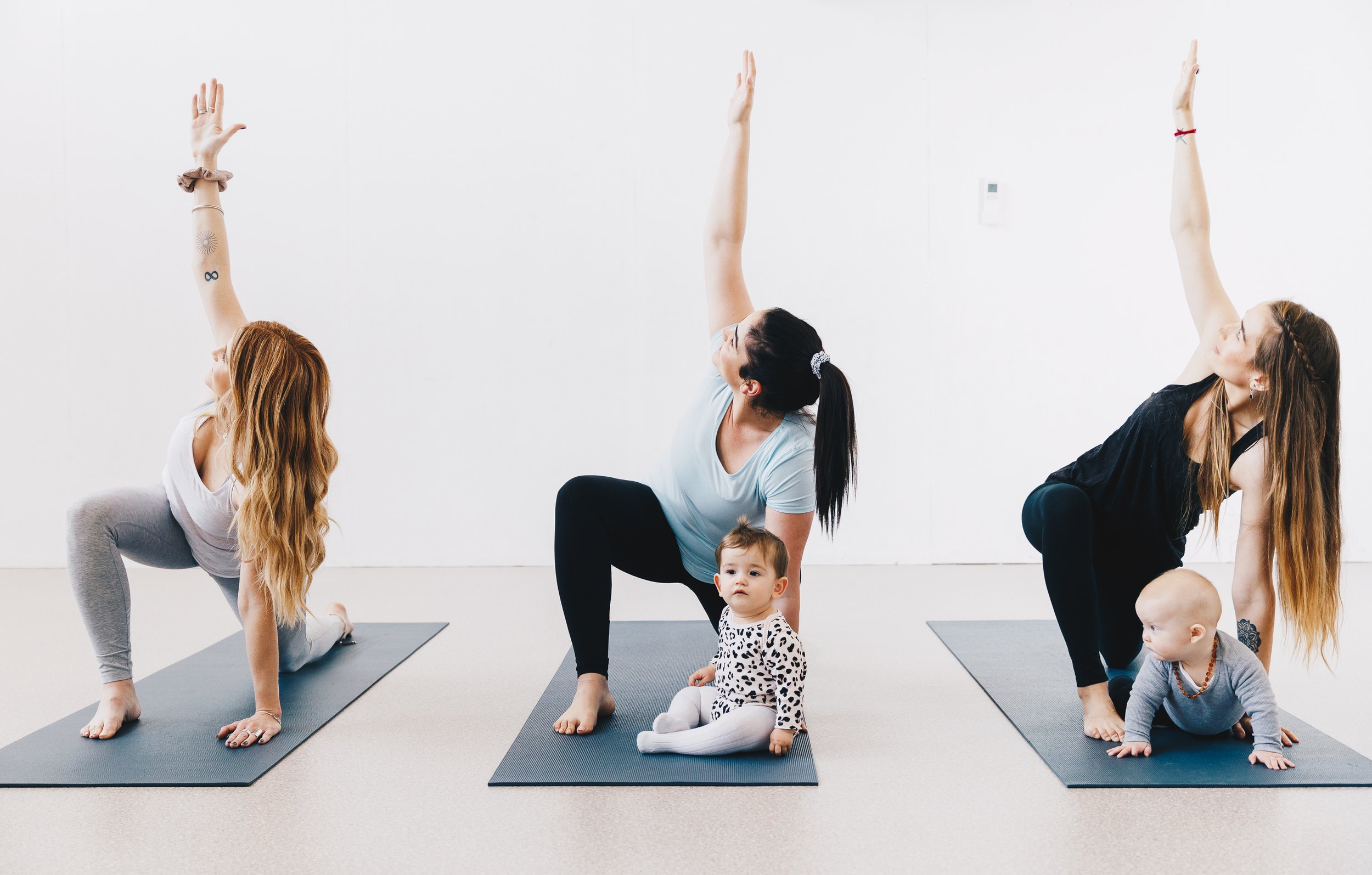THE NON-NEGOTIABLES
MOVEMENTS & MOMENTS
Ten (10) Non Negotiable
Priorities for Parents
As some of you already know, I am passionate about helping parents enjoy parenthood through concentrating on their own self-care and support systems. Since having my second child it has been blatantly apparent that for many parents in my community, maintaining a healthy lifestyle can be more than just “challenging”.
Raising children is an emotional and physical job and it’s crucial for your longevity and the relationships with your family that you prioritise your own wellbeing (certainly not at the expense of others but for the benefit of everyone).
Here are ten (10) of my own non-negotiable tips for parents to simplify their approach to a healthy lifestyle:
PRIORITISE SLEEP: Aim for 7 to 9 hours of quality sleep each night. Establish a consistent bedtime routine for yourself and your children to promote better sleep habits. Children need earlier bedtimes for brain function, physical growth and emotional regulation.
STAY ACTIVE: Engage in regular physical activities together, such as family walks, bike rides, or playing sports in the park. Make exercise a fun and enjoyable experience for everyone. Move every day,
MEAL PREP: Set aside time each week to plan and prepare healthy meals. Batch cook and freeze meals for busy days, and involve your children in meal planning and preparation to teach them about healthy eating.
SNACKS ARE YOUR BEST FRIEND: Stock your pantry and refrigerator with nutritious snacks like fruits, vegetables, nuts, and yogurt. This makes it easier to make healthier choices when the hunger strikes.
LIMIT DOOM SCROLLING: Establish screen time limits for both yourself and your children. Encourage activities like reading, drawing, imaginative play, playing board games, or engaging in fitness or nature-play outside instead.
HYDRATION LOVE: Stay hydrated by drinking enough water throughout the day. Encourage your children to do the same by providing them with their own reusable water bottles. Learn more about your own nutritional needs. Take vitamins and supplements to help your energy. Have your children tested, deficiencies can show up as behavioural in children. re-access these tests and markers every 12 months.
PLAN SELF-CARE: Set aside regular time for self-care activities that recharge and relax you. It can be as simple as reading a book, taking a bath, or going for a walk/run/workout alone. A friend recently booked a night alone in a hotel; do what you need, without the guilt.
HOUSEWORK TOGETHER: Involve your children in household chores. Assign age-appropriate tasks to your children to teach them responsibility and keep them active; create daily habits for now and when they are adults. Automate and program tasks as much as possible. All these helps maintain a clean and organised living space.
DE-STRESS: Discover healthy ways to manage stress, such as practicing mindfulness, deep breathing exercises, or engaging in activities you enjoy. Romantic relationships are important for parents. Avoid the tiredness (or headache) excuse and get intimate with yourself or your significant other. Studies show DHEA (hormone) spikes improve brain function, repair tissues and promote healthy skin. Regular sex has been shown to reducing ageing.
BE YOU: Remember that your children learn by observing your behaviours. Show your children how to cope with stress in a positive manner. Normalise making mistakes, apologising and showing gratitude. Model a healthy lifestyle by making conscious choices and showcasing a positive attitude toward exercise, nutrition, mental health and self-care. When something isn’t working ~ address and fix problems together.
Incorporating these tips into your routine simplifies the process of maintaining an optimum lifestyle, while also creating a strong foundation for your children's well-being.

